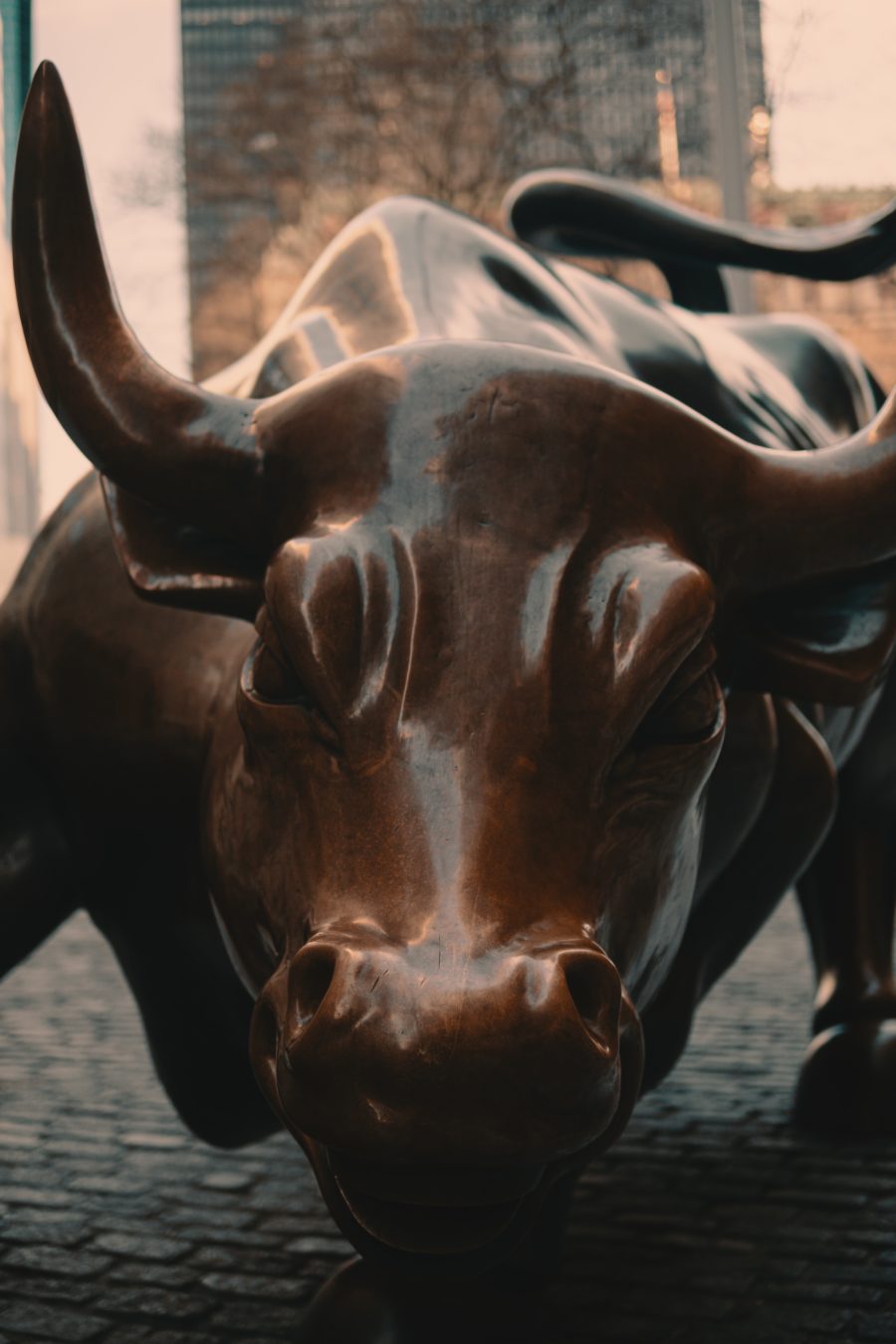
StartEngine Lets Crowdfunding Investors Trade Private Company Shares
In October 2020, StartEngine launched its secondary trading platform. Now you can trade shares of crowdfunded startups before they go public. You don’t have to be an accredited investor or an institution to buy these privately held stocks. And now you can trade these pre-IPO stocks with other investors as well. Finding buyers on this platform may still be challenging, but in prior years it was very difficult to buy or sell private company shares.
The Launch of Crowdfunding
Until 2015, you had to be an accredited investor to buy stock in privately held companies. Venture capital firms, hedge funds, private equity firms, and wealthy individuals could trade these stocks, but most people couldn’t. But the JOBS Act created an exemption for certain securities that allowed non-accredited investors to trade them. And then the Securities and Exchange Commission passed Regulation Crowdfunding to allow early-stage startups to raise small amounts of money from the public.
The SEC’s crowdfunding rules were strict. Startups could only raise $1 million per year through crowdfunding platforms. Investors who were not wealthy were only allowed to invest a few thousand dollars in private companies, with the limit varying based on their net income and their assets. So Regulation Crowdfunding was not meant to replace public stock markets. Additionally, investors weren’t allowed to sell their shares for a year after they bought them.
Private Company Shares And Liquidity Issues
Over the next few years, several crowdfunding platforms emerged. With these platforms, investors who didn’t meet the accredited investor standards could buy stock in early-stage startups. But it was very difficult for them to resell these shares. Like the investments made by private equity and venture capital firms, these investments might not pay off for several years. If a crowdfunding investor wanted to cash out before that, they only had a few buyers to choose from. Wefunder, the main competitor of StartEngine, explained that these buyers included the stock issuer, other accredited investors, and the family of the original investor. But the shares could not be sold to most non-accredited investors.
Several platforms are available for trading shares of pre-IPO startups, including SharesPost and the Nasdaq Private Market. And these platforms are very popular with wealthy investors and institutional investors. SharesPost just acquired Forge, and in the press release it announced that $7.74 billion worth of stock had been traded on its platforms. And $24 billion worth of stock has been traded on the Nasdaq Private Market platform. Both figures are cumulative; SharesPost and Nasdaq didn’t report trading volume for 2019 specifically.
The StartEngine Market
StartEngine is now allowing U.S. investors to trade shares of pre-IPO startups on its trading platform. This appears to be an industry first; Wefunder previously said that a crowdfunding platform had not done this yet. And other U.S. crowdfunding platforms are smaller companies with fewer stock listings. So this is big news. Right now, the only stock that’s available for purchase on the StartEngine platform is StartEngine itself. But StartEngine plans to list other companies later. Regulation Crowdfunding rules, such as the restriction on selling shares for a year after they were first issued, still apply.
And when other stocks do appear on the StartEngine secondary market, investors should know a few things. Crowdfunded stocks aren’t unicorns with billion-dollar valuations that have been vetted by major VC firms. These are early-stage companies that might only be selling $100,000 worth of stock. Like penny stocks and stocks on venture stock exchanges, they’re very risky. It would be against the rules of the Motley Fool and Seeking Alpha to write about companies this small.
And in 2020, investing in early-stage stocks on crowdfunding platforms is riskier. It’s not just because of the pandemic itself, although that’s caused many businesses to shut down. Crowdfunded companies now qualify for an exemption from financial reporting requirements because of the pandemic, so their most recent financial statements may not be available. Of course, publicly traded companies received a similar exemption this year and many of them also released their financial reports later than usual.
Conclusion
Crowdfunding is very risky, and will remain risky. But one of the risks of investing in early-stage companies just became less of an issue. Shareholders in private startups will soon be able to sell their shares to other crowdfunding investors. So they may have an opportunity to exit from a bad investment before it completely collapses, or cash out their gains without having to wait several years.